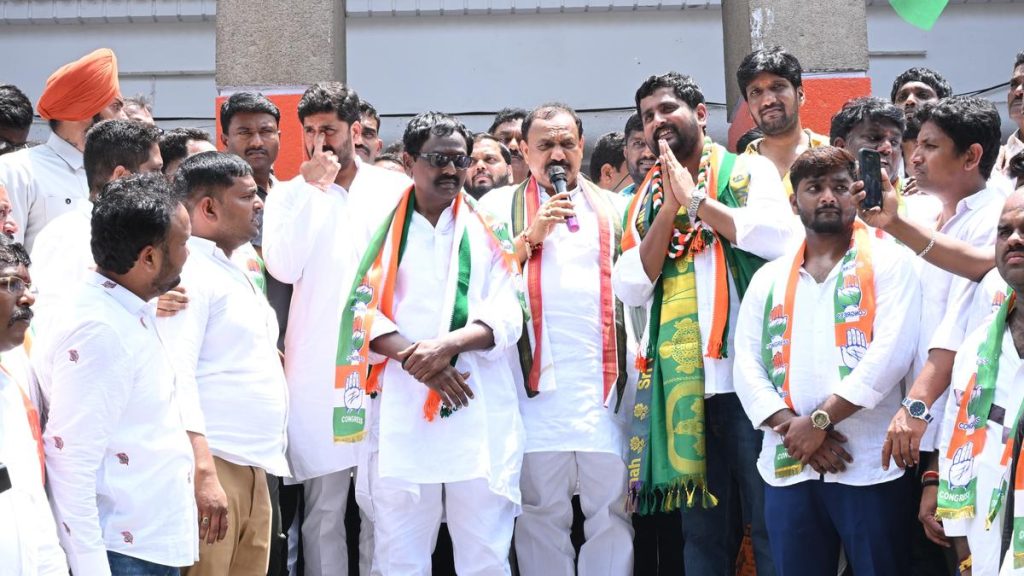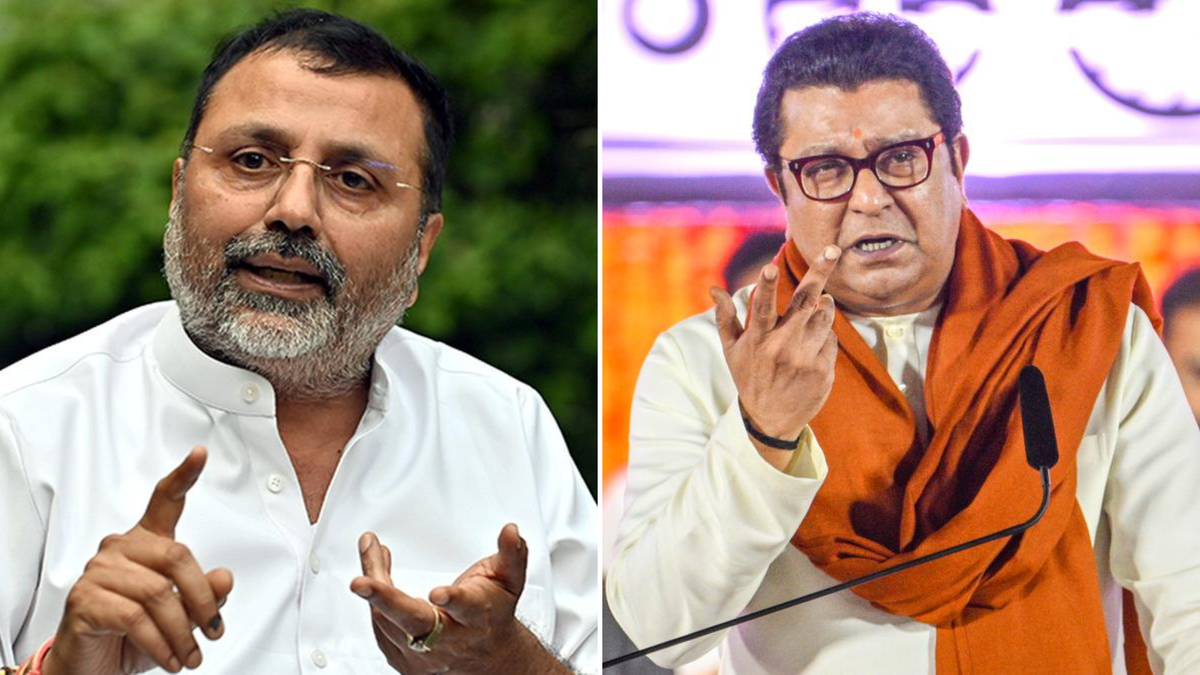Now Reading: Uddhav Thackeray: ‘Thackeray Name Symbolizes Maharashtra’s Identity
-
01
Uddhav Thackeray: ‘Thackeray Name Symbolizes Maharashtra’s Identity
Uddhav Thackeray: ‘Thackeray Name Symbolizes Maharashtra’s Identity
Fast Summary
- Uddhav Thackeray, Shiv Sena (UBT) chief, described “Thackeray” as an identity representing Maharashtra, Marathi people (“Marathi manoos”), and Hindu pride.
- In an interview with the party’s mouthpiece “Saamana”, he criticized efforts to diminish the Thackeray legacy and accused the Election Commission of unjustly allocating his party’s name to others.
- He emphasized that while a symbol or name can be taken away, people’s trust and love for the Thackeray family cannot be stolen.
- The 2022 split within Shiv Sena led by Eknath Shinde resulted in 39 MLAs rebelling, collapsing Uddhav-led Maha Vikas Aghadi (MVA) government. Shinde later aligned with BJP and became CM.
- Election Commission identified Shinde’s faction as the official Shiv sena holder with rights to its symbol (“bow and arrow”).The Thackeray-led side was designated “Shiv Sena (UBT)” using a flaming torch (“mashaal”).
- Supreme Court is set to hear arguments from Uddhav’s faction against decisions benefiting Eknath Shinde’s camp on August 11.
Indian Opinion Analysis
The ongoing rift between different factions of Shiv Sena reflects larger concerns about political branding, legacy preservation, and institutional decisions affecting democratic structures. Uddhav Thackeray’s emotional appeals highlight deeper ties between political families and regional identities. However, they also underscore vulnerabilities when leadership is closely entwined with individual image rather than broader institutional frameworks.
The Election Commission’s role in adjudicating disputes over symbols/name ownership raises crucial questions about objectivity in India’s electoral processes-especially for parties rooted deeply in family heritage or cultural identity. Meanwhile, the Supreme Court case has significant implications not only for intra-party dynamics but also for how alliances shape governance stability in Maharashtra-a key political state.
read more: The Hindu























